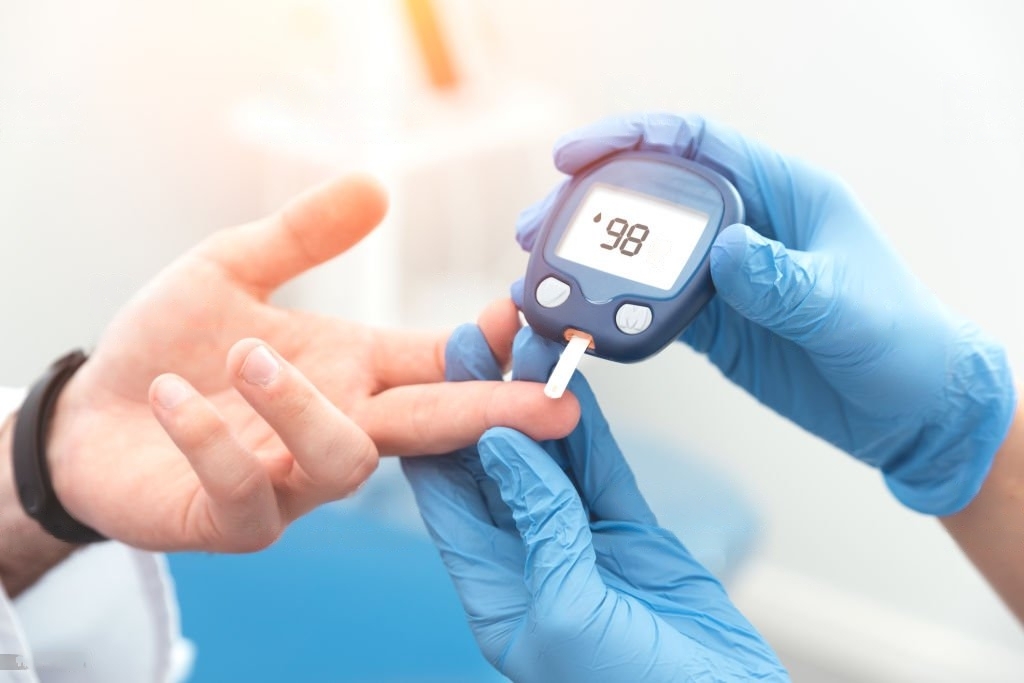Type 2 diabetes is a chronic condition that affects millions of people worldwide. It occurs when the body becomes resistant to insulin or doesn’t produce enough of it, leading to high blood sugar levels. Managing and reversing type 2 diabetes sugar levels and keeping them in check is essential to prevent complications and maintain overall health.
In this article, we will explore various strategies and lifestyle changes that can help individuals achieve sweet success in mastering type 2 diabetes and managing their sugar levels effectively.
Understanding Type 2 Diabetes and Its Impact on Sugar Levels
What is Type 2 Diabetes?
Type 2 diabetes is a metabolic disorder characterized by high blood sugar levels due to insulin resistance or inadequate insulin production. This condition can lead to various health complications, such as cardiovascular diseases, kidney problems, and nerve damage.
The Role of Sugar Levels in Type 2 Diabetes
In type 2 diabetes, the body struggles to regulate blood sugar levels, resulting in hyperglycemia (high blood sugar). This occurs when the cells fail to respond properly to insulin, leading to the accumulation of sugar in the bloodstream.
Lifestyle Changes for Managing Type 2 Diabetes
- Balanced and Healthy Diet
A balanced diet is crucial for managing type 2 diabetes and stabilizing sugar levels. Focus on:
Low Glycemic Foods: Choose foods with a low glycemic index to prevent rapid spikes in blood sugar levels. Opt for whole grains, non-starchy vegetables, and legumes.
Portion Control: Watch your portion sizes to avoid overeating and keep blood sugar levels in check.
Limit Sugar and Processed Carbohydrates: Minimize the intake of sugary foods and drinks, as well as processed carbohydrates like white bread and pastries.
Healthy Fats: Incorporate healthy fats like avocados, nuts, and olive oil into your diet to improve insulin sensitivity.
- Regular Exercise
Physical activity plays a significant role in managing type 2 diabetes. Exercise helps lower blood sugar levels, improve insulin sensitivity, and promote weight loss. Aim for at least 150 minutes of moderate-intensity exercise or 75 minutes of vigorous-intensity exercise per week.
- Weight Management
Maintaining a healthy weight is essential for managing type 2 diabetes. If you are overweight or obese, losing even a small amount of weight can significantly improve insulin sensitivity and glucose control.
- Stress Reduction
Chronic stress can impact blood sugar levels. Engage in stress-reducing activities like yoga, meditation, or spending time in nature to promote emotional well-being.
- Proper Sleep
Getting enough quality sleep is vital for managing diabetes. Poor sleep can affect insulin sensitivity and lead to higher sugar levels. Aim for 7-9 hours of sleep each night.
Monitoring Sugar Levels
- Blood Glucose Testing
Regular monitoring of blood glucose levels is essential for individuals with type 2 diabetes. This information helps track sugar levels and adjust treatment plans as needed.
- Continuous Glucose Monitoring (CGM)
A CGM device provides real-time data on glucose levels, helping individuals make immediate adjustments to their diet and lifestyle.
Medication and Insulin Therapy
- Oral Medications
Various oral medications are available to help manage blood sugar levels in type 2 diabetes. These medications work in different ways to lower blood glucose and improve insulin sensitivity.
- Insulin Therapy
For some individuals, lifestyle changes and oral medications may not be sufficient to control sugar levels. In such cases, insulin therapy may be prescribed to help regulate blood glucose.
Natural Remedies and Supplements
- Chromium
Chromium is a mineral that may help improve insulin sensitivity. Some studies suggest that chromium supplements can lower blood sugar levels in people with diabetes.
- Cinnamon
Cinnamon has been studied for its potential to reduce blood sugar levels. While more research is needed, incorporating cinnamon into the diet may offer some benefits.
- Bitter Melon
Bitter melon is a traditional remedy used in some cultures to manage diabetes. It contains compounds that may help lower blood sugar levels.
Potential Complications of Uncontrolled Diabetes
- Cardiovascular Issues
Uncontrolled diabetes increases the risk of heart disease, stroke, and high blood pressure.
- Kidney Damage
Diabetes can damage the kidneys over time, leading to kidney disease and potential failure.
- Nerve Damage
Nerve damage, known as neuropathy, can cause pain, tingling, and loss of sensation in the extremities.
- Vision Problems
Diabetes can lead to vision problems and, if left untreated, even blindness.
Conclusion
Successfully managing type 2 diabetes and achieving sweet success with sugar level control requires dedication and lifestyle adjustments. By adopting a balanced diet, engaging in regular exercise, monitoring blood glucose levels, and following prescribed medications or insulin therapy, individuals with type 2 diabetes can lead healthy and fulfilling lives.
Remember to work closely with healthcare professionals to develop a personalized diabetes management plan and reduce the risk of complications associated with uncontrolled diabetes. With proactive care and a focus on overall well-being, sweet success in mastering type 2 diabetes and sugar levels is within reach.
